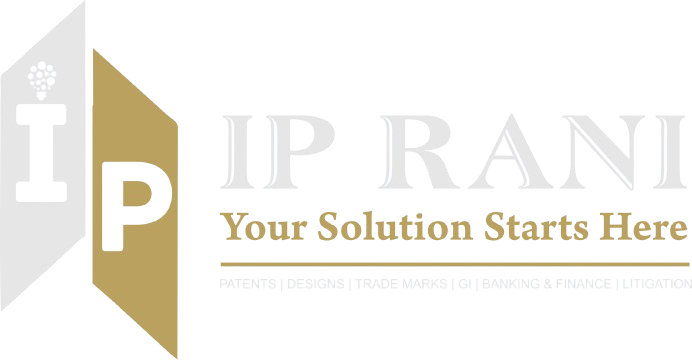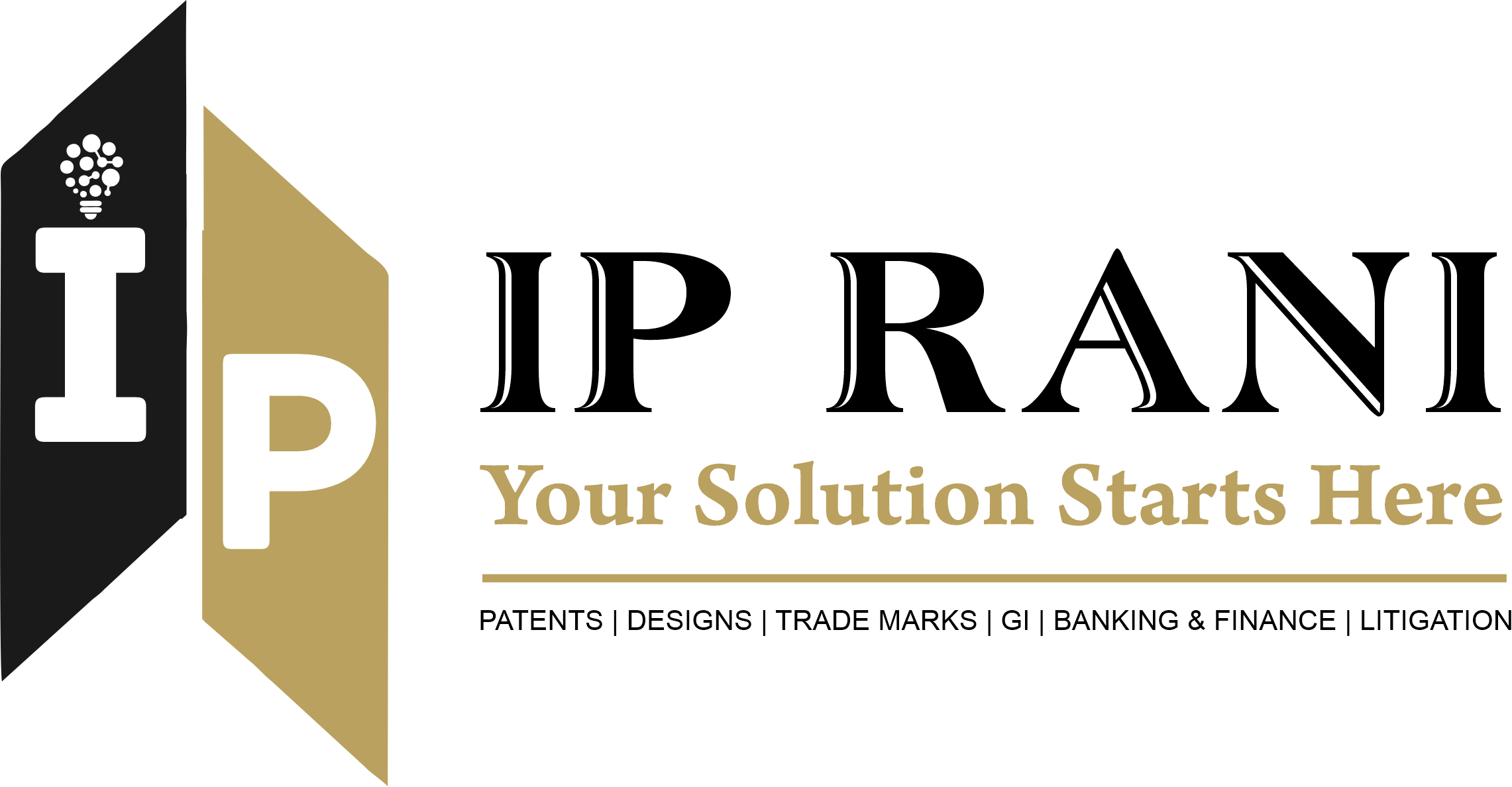What is Copyright Litigation?
Copyright litigation refers to the legal process initiated to resolve disputes involving copyright infringement, ownership, licensing, or other issues related to copyright law. This typically involves filing a lawsuit in a court of law to enforce or defend copyright rights.
Conditions of Litigation
1. Copyright Infringement:
- When an individual or entity uses, reproduces, distributes, displays, or performs a copyrighted work without the permission of the copyright owner.
2. Ownership Disputes:
- Conflicts over who holds the copyright to a particular work, especially when multiple parties claim ownership or authorship.
3. Breach of Licensing Agreement:
- When one party fails to comply with the terms of a copyright licensing agreement, such as unauthorized use or non-payment of royalties.
4. Moral Rights Violations:
- Cases where the moral rights of the author, such as the right to attribution or the right to integrity of the work, are infringed.
5. Digital Copyright Issues:
- Infringement involving digital content, including software piracy, illegal downloading, and distribution of copyrighted material online.
6. Fair Use Disputes:
- Disagreements over whether a particular use of copyrighted material qualifies as fair use under the law.
Why a Professional is Important for Litigation
1. Expert Legal Knowledge:
- Copyright attorneys have extensive knowledge of copyright law, including statutes, case law, and procedural rules, which is essential for effectively handling complex litigation.
2. Case Strategy and Preparation:
- Professionals can develop a comprehensive litigation strategy, gather and present evidence, and anticipate potential defenses or counterclaims.
3. Procedural Compliance:
- Ensuring that all filings, deadlines, and procedural requirements are met to avoid dismissal or other negative consequences for procedural errors.
4. Representation in Court:
- Skilled advocates can represent clients in court, presenting arguments persuasively, examining witnesses, and making legal objections.
5. Risk Management:
- Attorneys can assess the strengths and weaknesses of a case, advise on potential outcomes, and manage risks, including the financial implications of litigation.
6. Negotiation and Settlement:
- Professionals can negotiate settlements or alternative dispute resolutions, which may be more favorable or cost-effective than a full trial.
7. Expert Testimony:
- Legal professionals can identify and work with expert witnesses to provide specialized knowledge and strengthen the case.
8. Appeals:
- If the initial court decision is unfavorable, attorneys can handle appeals, presenting additional arguments and evidence to higher courts.
9. Cost Management:
- Lawyers can help manage the costs of litigation, providing estimates and advising on cost-effective strategies.
10. Compliance with International Law:
- In cases involving international copyright issues, professionals ensure compliance with relevant international treaties and laws.
Conclusion
- Copyright litigation is a critical legal process for resolving disputes related to copyright infringement, ownership, licensing breaches, and other copyright-related issues. The conditions for litigation typically involve violations of copyright rights or contractual agreements. Engaging a professional, such as a copyright attorney, is essential due to their expertise in copyright law, ability to develop and execute a legal strategy, ensure procedural compliance, and provide effective representation in court. This professional assistance significantly enhances the likelihood of a favorable outcome in copyright litigation.
We provide diverse services in the copyright field including:
- Copyright Searches
- Copyright Applications
- Copyright Prosecution
- Copyright Registration
- Response to Office Action
- Copyright Hearings
- Portfolio Management
- Assignment Recordals
- Licensing and Recordals
- Due Diligence
- Copyright Cancellation Actions

